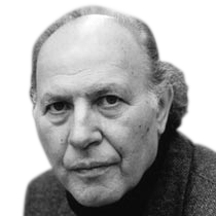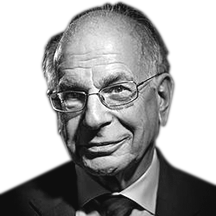Ever since Daniel Kahneman was a child, his mother’s words echoed in his mind: “people are greatly complicated and enormously interesting”. Knowing deep inside, even as a young boy, that moms are always right, he decided to make it his mission to get to the bottom of the human mind, thus he studied psychology. Memorizing each and every verse by Freud & co., and after receiving his doctorate, he narrowed it all down to one fundamental question: why do people make the choices they make?
Kahneman and his partner, Amos Tversky ran hundreds of researches, all of which yielded the same outcome: people’s decisions are based on almost everything but rationality: anger, disappointment, optimism, envy, dignity. His revolutionary studies focused on Behavioral Economics. In simple words: what goes on in our minds when we shop? Kahneman demonstrated how at the shopping process, the price of a products is not at the top of our considerations. An old friend we ran into before entering the store; a few tough words from the boss the day before; or a product that some else standing next to us was buying – to name just a few factors – might effect our choices.
In 2002, the Swedish Nobel Committee decided to award Kahneman the prize, even though he never even took one introduction course in economy.
After receiving the award, Kahneman said that the prize committee’s irrational choice proves his theory best: Always listen to mom!
2002 Nobel Prize in economics "for having integrated insights from psychological research into economic science".




